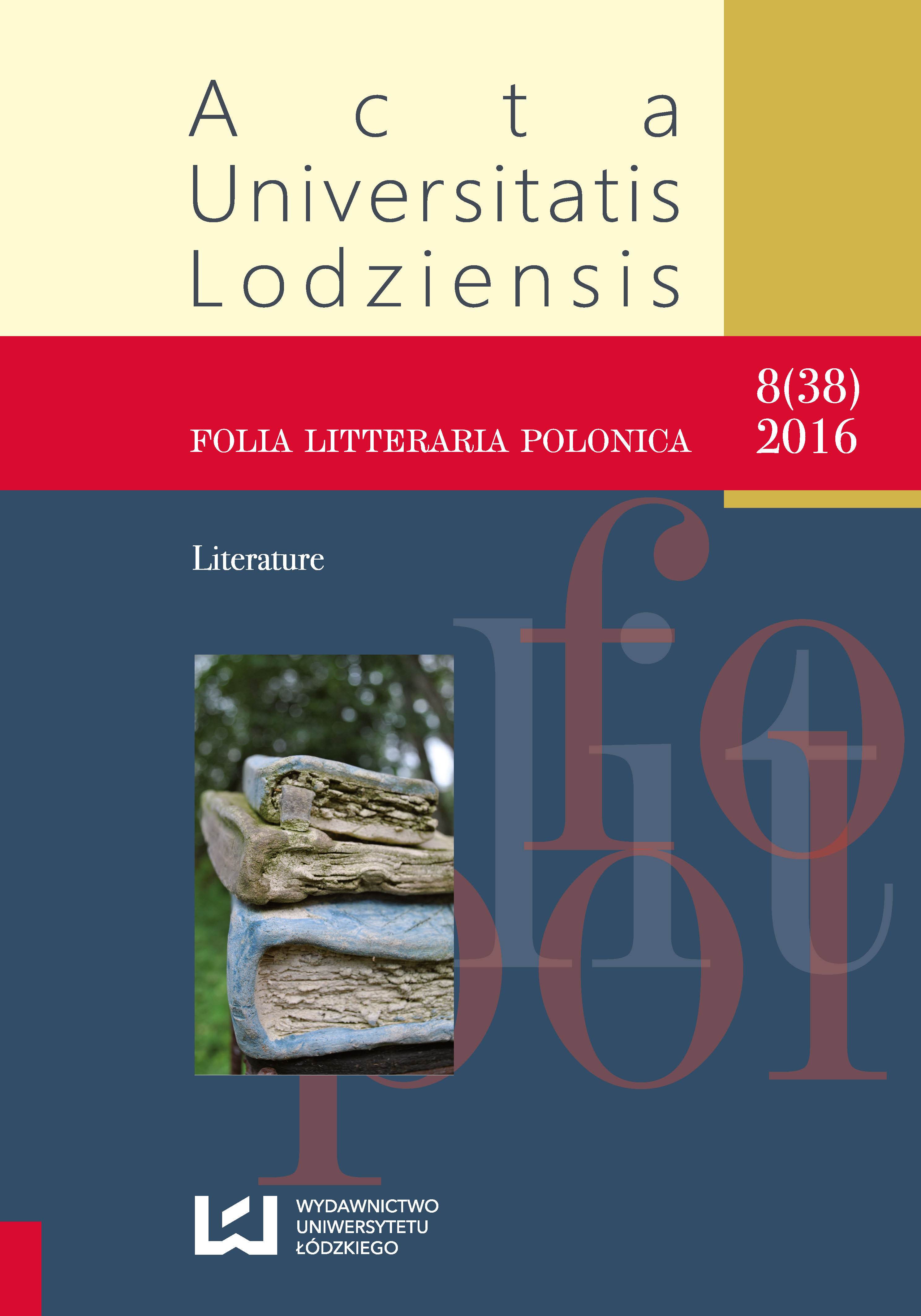Czesław Miłosz’ American Experience in Światło dzienne (Daylight)
Czesław Miłosz’ American Experience in Światło dzienne (Daylight)
Author(s): Ewa KołodziejczykSubject(s): Polish Literature, Sociology of Culture, Post-War period (1950 - 1989), Translation Studies
Published by: Wydawnictwo Uniwersytetu Łódzkiego
Keywords: Czesław Miłosz; Daylight;
Summary/Abstract: Miłosz’s volume Światło dzienne (Daylight, 1953) is conventionally read by critics as the political poetry deeply engaged with history. The article offers a corrective to this traditional reading by interpreting the volume as an interplay of European and American influences. As a European poet, Miłosz had experienced the violent demise of ideals that were the foundation of the Old World. Światło dzienne (Daylight) is, therefore, at one level, an elegiac volume, in which both persons and ideas are mourned. On the other hand, to the extent that for Miłosz America continues the noble ideas abandoned in Europe, he cannot accept what he regards as their misguided or perverse incarnations. This explains the emotional climate of the whole volume, with its dominant mood of disappointment, anger and a refusal of reconciliation. Światło dzienne (Daylight) is American in its outlook on taking seriously America’s status as a superpower and its influence on the future di¬rection of the global history. It is anti-American, however, in identifying America’s perceived failures to live up to the post-war challenge for the human civilization in general, and the consequent dangers. The article intends to assess Miłosz’s debt to English-language poetry in this volume in light of his personal notes from his reading and translation work at the time.
Journal: Acta Universitatis Lodziensis. Folia Litteraria Polonica
- Issue Year: 38/2016
- Issue No: 8
- Page Range: 107-129
- Page Count: 23
- Language: English

